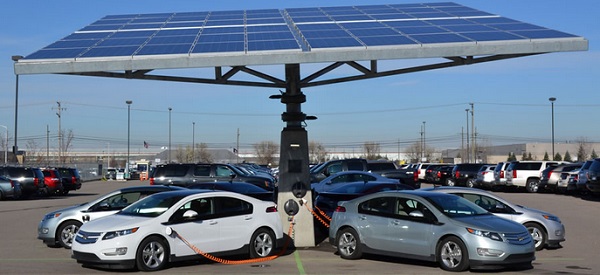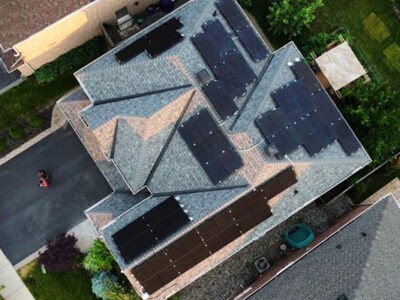Jordan is now among the growing list of countries intent on encouraging electric vehicle (EV) usage to reduce emissions and increase domestic energy security.
Strategically located between Israel and Saudi Arabia, Jordan has waived the import tariffs on EVs (which otherwise could double the price of a vehicle) and is embarking on a $120 million project to install a national network of solar-powered EV charging stations.
The plan is for 3,000 charging stations and 30 MW of solar power to be installed, with the first 11 charging stations to be placed in the capital of Amman.
Jordan imports 95% of its energy, according to Said Al-Hallaj, the chairman and CEO of AllCell Technologies, which is leading the consortium that will build the charging network. Other participants include Hyseo International of France, which will provide solar systems for the charging stations, and the U.S. subsidiary of French supplier DBT, which will provide the charging equipment.
Greening the Desert
The Jordanian government views EVs as cost-effective since electricity is approximately 25% of the cost of gasoline as a fuel in Jordan. While the price of crude oil and gasoline in many regions were in free fall during the second half of 2014, the current low prices are likely temporary in nature.
Some of the charging stations will have solar canopies, while others will use energy from nearby solar farms. Shopping malls, tourist destinations, and parking lots are likely locations for the first charging stations, Al-Hallaj told me in an interview.
In 2013, Jordan’s Ministry of the Environment first began evaluating the use of EVs for the public transit fleet, according to The Jordan Times.
Al-Hallaj, who is Jordanian and leads AllCell from its headquarters in Chicago, said funding for the project will come from the USAID Jordan Competitiveness Program (JCP), which has the goal of creating jobs and increasing the country’s competitiveness in technology, healthcare, and energy. He expects sales of EVs in the country to be around 10,000 annually.
AllCell will provide the battery packs that will be used to store the solar energy that would be used to power the charging network.
Since transportation is a major producer of greenhouse gases, “the EV is considered to be an integral part of [the Jordanian] Ministry’s drive to support and strengthen our national Green Economy,” said Raouf Dabbas, Jordan’s senior ministry of environment advisor, in an email.
Article Source:
Solar-Powered EV Charging Network Takes Shape in Jordan; Navigant Research — January 5, 2015












Comments